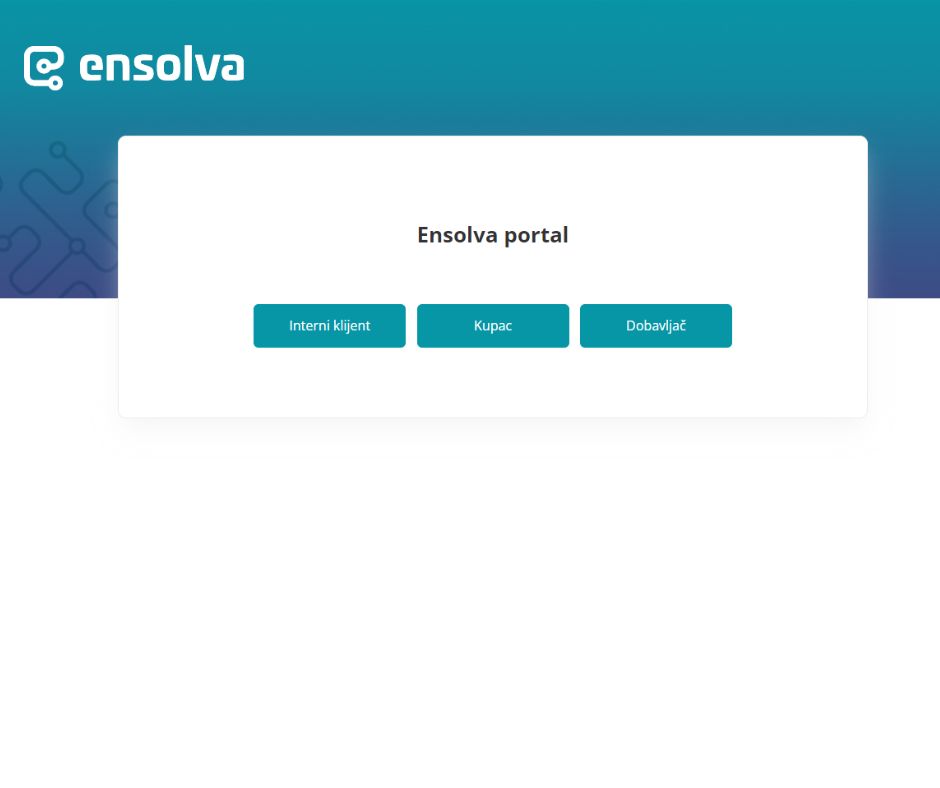It is not unusual for procurement professionals to have too much work. Some have experienced burnout, while others are thinking of leaving their profession. Constant challenges, pressure, and workload can lead to feeling overwhelmed. In such a demanding environment the quality of work is likely to suffer. But how can you explain to your boss that you have too much to deal with and that your productivity is plummeting?
If that happens, you have to regain your ability to handle the workload. Before you start and implement some strategies for dealing with the feeling of being overwhelmed, you should check if you have signs that indicate you are being overwhelmed.
Here are some of the signs:
- You try to do everything on your own
- You are self-critical
- You are defensive about your work
- You can’t relax, even when not at work
If you cannot stop thinking about your job, and dwell on it even outside of it, that is a telltale sign of you already being overwhelmed. Outside of your work, you should prioritize your personal life, if you cannot you should talk to your superiors.
However, that might prove to be quite challenging, because piling up problems that need solving might create an impression of you being unreliable. That’s one more reason why you should talk to your superior before it gets out of hand. Here are some pieces of advice on how to approach the conversation:
Prepare for the meeting
Before you begin “the talk,” you should carefully plan by making a list of your current tasks and estimate how much time it requires. That is important because your superior might not be aware of your workload. Consider what you can delegate to your colleagues so you have room for tasks that your boss might consider to be important. Be honest, if something is impacting your productivity let them know, so they can better plan the workload.
Timing is the key
Timing is everything! Pick a time when your superior is not busy, and when he has the time to listen to you. That way they might be more open to your suggestions, and it will ensure the conversation is productive.
Be constructive
When discussing the issue be constructive. Instead of blaming your colleagues for not managing your workload, emphasize your commitment to doing your very best. Mention your past achievements and how you have the desire to do even better, you just need the opportunity for improvement
Give examples
To make your case, give examples where work has suffered because of errors due to you or colleagues being overwhelmed by work. Examples like lack of time have led to a mistake, or there was no time to make a quality decision, etc.
Offer solutions
Just saying where the problem is, is just not enough. You must provide a solution. This might include hiring temporary workers to share the load, task redistribution, etc. That shows that you are dedicated to problem-solving and care about the company.
Remember communication is the key! If you feel that the situation is too difficult, and you cannot manage on your own, don’t hesitate to ask for help. Your superior might be unaware of the issues that are bothering you.
Being sincere and having a talk with them might show that you are willing to collaborate to find solutions. They want the team and company to succeed so they will appreciate you sharing your concerns and giving a solution. Honesty will go a long way not just for you, but for your whole team in achieving better results.



